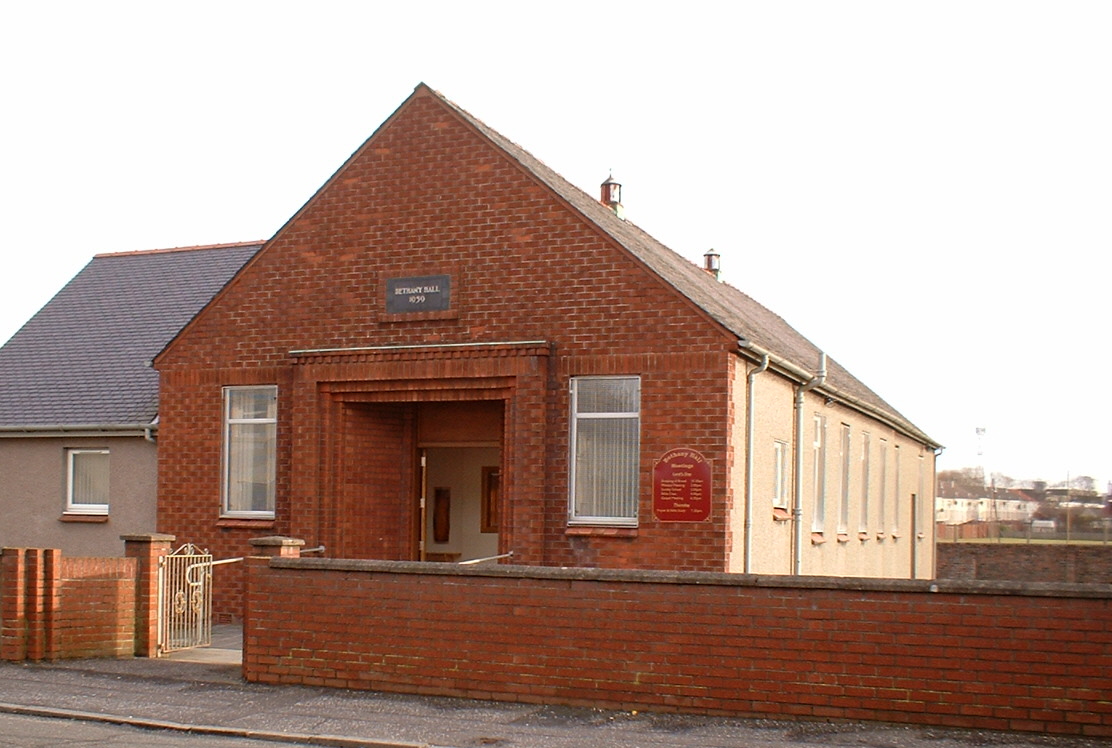One of the first indications we find in the Bible that God wishes to be known as the Father of his people is found in the book of Exodus, chapter 4, verses 22-23, where God instructs Moses to tell Pharaoh: "Thus saith the Lord, Israel is my son, even my firstborn: And I say unto thee, Let my son go, that he may serve me ..."
Other examples are:-
Deuteronomy ch. 32, v. 6 - Do ye thus requite the LORD, O foolish people and unwise? is not he thy father that hath bought thee? hath he not made thee, and established thee?
Isaiah ch. 63, v. 16 - Doubtless thou art our father, though Abraham be ignorant of us, and Israel acknowledge us not: thou, O LORD, art our father, our redeemer; thy name is from everlasting.
Isaiah ch. 64, v. 8 - But now, O LORD, thou art our father; we are the clay, and thou our potter; and we all are the work of thy hand.
There are a total of 15 references in the Old Testament to the subject of the Fatherhood of God. When we explore the New-Testament writings, however, we find that the number of such references runs into hundreds, with around a hundred found in the Gospel of John alone.
The Lord Jesus addressed God as "Father" and taught his disciples to do the same. However, his "Sonship" was different from that of his followers. He was by nature the Son; they were "sons" through adoption. This is clearly seen in John ch. 20, v. 17 in the distinction between "my" Father and "your" Father, and between "my" God and "your" God.
In Galatians ch. 3, v. 26, Paul reminds those who have trusted Christ for salvation that they “are all the children of God by faith in Christ Jesus,” a fact which the apostle John feels compelled to view in the context of the love of God: “Behold, what manner of love the Father hath bestowed upon us, that we should be called the children of God …” (1st John, ch. 3, v. 1).



